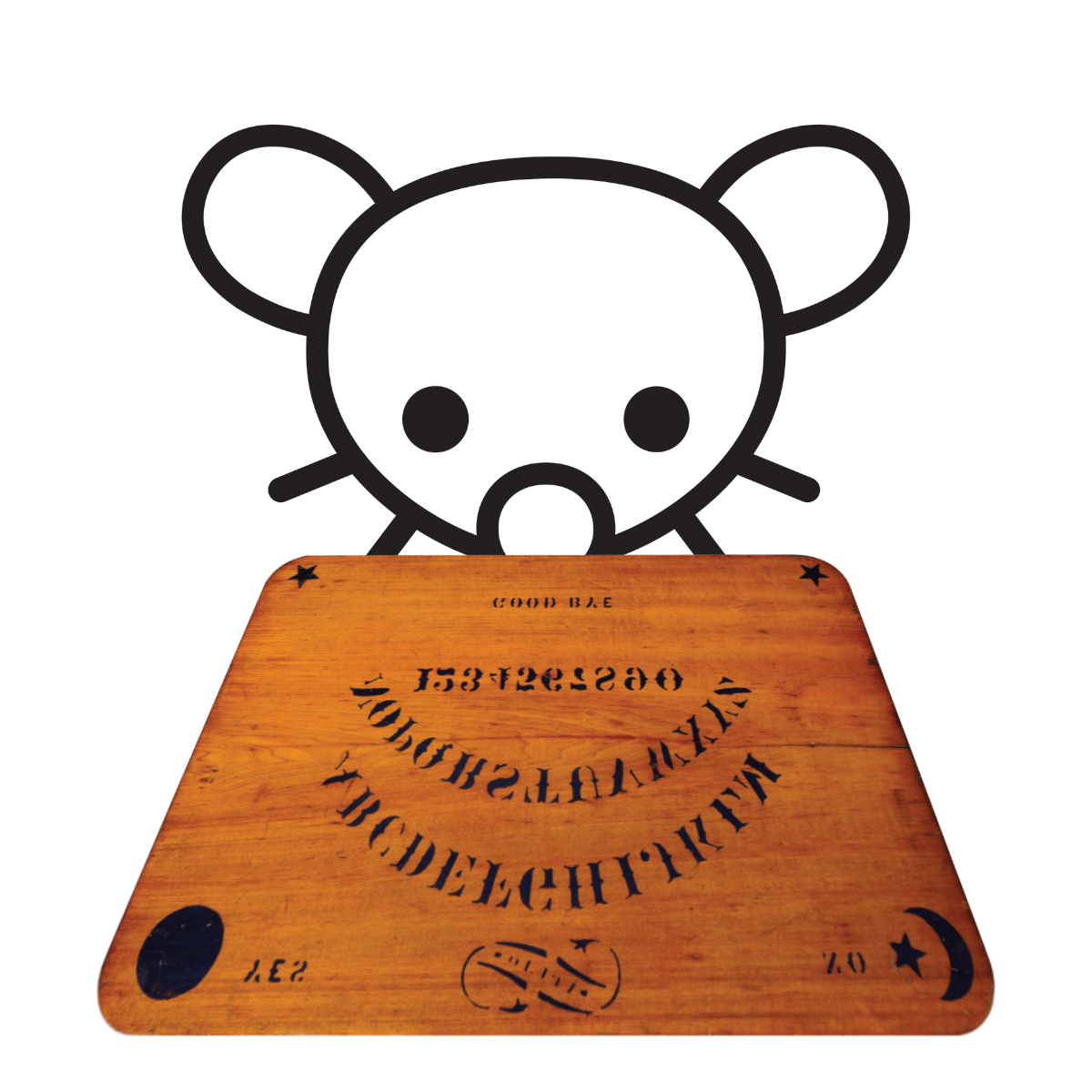

Of course, you can think of consciousness as analogous to excitation of a field, and, like the electromagnetic field or gravitational field, there is no center, and everything is interconnected. And yet, like every particle is ultimately a wave in disguise, we can still meaningfully talk about individual particles, because some waves do behave that way sometimes.
An individual consciousness is particle-like. As a shorthand for “this relatively independent packet of consciousness which has measurable distinctiveness from other packets and does not freely share perceptions or memories with them,” it’s often more practical just to say “I” instead.







They wrote that whole ass article and never stopped to consider that time may be both an illusion (in the sense that it is an emergent rather than a fundamental property of existence) AND necessary for the evolution of life (in the sense that other hypothetical configurations of physical laws which do not feature an emergent arrow of time may not produce life).
In regions of the set of all possible universes where the physical prerequisites of evolution were not present, nobody would be there wondering about why that is. In this region, conditions are right for life to evolve, so somebody is here to ask the question. It’s just the anthropic principle.